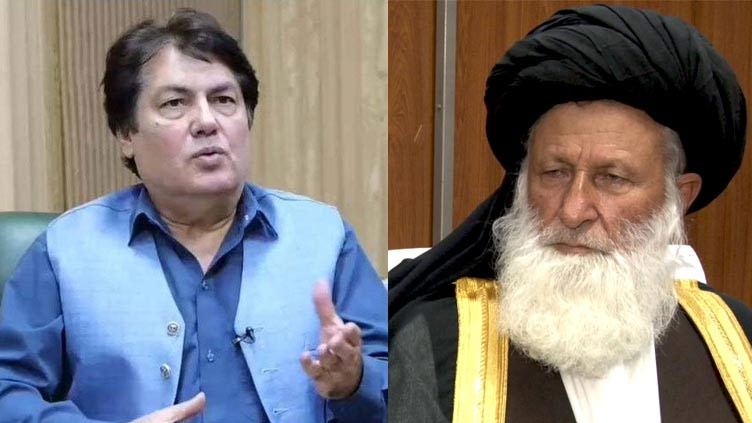- LHC issues directives on pleas filed against smog in Punjab.
- Says Punjab National Calamities Act right law to limit restrictions.
- Also orders two-day work from home in private sector.
LAHORE: In a bid to help curb smog, the Lahore High Court (LHC) has directed the government to implement two days weekly off for public schools, colleges and universities and all educational institutions till the end of January next year.
LHC’s Justice Shahid Karim issued the directives in a three-page order released on Saturday on pleas seeking the court’s intervention in tackling smog in the province.
The order acknowledged that the caretaker Punjab government had “announced measures such as closure of schools and colleges on Saturdays” in line with the court directives.
However, the court noted that the notification should not have been issued under the provisions of the Punjab Infectious Diseases (Prevention and Control) Act, 2020. It added that the Lahore deputy commissioner’s decision to issue the notification under the Punjab National Calamities (Prevention and Relief) Act, 1958 should have been taken into consideration.
The court explained that the 1958 law was appropriate and that could be used to “place a restriction on the movements of public and to close and shutdown schools and colleges”.
“It is, therefore, directed that any such notification to be issued either by the Secretary, Primary and Secondary Healthcare Department, Government of Punjab or by the office of the Deputy Commissioner, Lahore shall be issued in consultation with the Members of the Commission. Further, it is directed that the notification shall mention at least closure of public schools, colleges and universities and all educational institutions for each Saturday till end of January, 2024,” said the order.
The court also ordered that two-day work from home should be imposed on private sector companies and ordered the exclusion of gyms from the notification as it was a “continuation of COVID-19 restrictions”.
“The report by the Punjab Transport Company has also been filed which shows action against smog emitting vehicles and the fine which has been imposed. It has been informed by the Members of the Commission that the industrial units which were sealed on the orders of this Court have been found to be functional on inspection conducted by the Commission itself. It is directed that not only reports regarding the prosecution of such industrial units shall be filed but also names of the relevant officers of the Environment Protection Department who were required to keep these greenbelts as scaled. Departmental action shall be taken against these officers on the next date of hearing,” said the order.
Face masks mandatory
With the arrival of winters, smog has become a problem in multiple cities of Punjab and the government has been scrambling to control the issue as the provincial capital remains ranked high on the air quality index.
In a bid to counter deteriorating quality in Punjab, the caretaker government on Sunday made it mandatory for all citizens to wear a face mask for a week in the smog-hit districts of the province.
Countries in South Asia have seen a marked increase in industrialisation, economic development, and population growth over the past two decades, leading to increased demand for energy and fossil fuels.
While sources like industries and vehicles affect most countries, certain major contributors are unique to South Asia, including solid fuel combustion for cooking and heating, human cremation, and burning of agricultural waste.
About 38% of the pollution in New Delhi this year, for example, has been caused by stubble burning — a practice where stubble left after harvesting rice is burnt to clear fields — in the neighbouring states of Punjab and Haryana.
An increase in the number of vehicles on roads as the region has developed has also exacerbated the pollution problem. In India and Pakistan, for example, the number of vehicles has increased four-fold since the early 2000s.


 Latest News7 hours ago
Latest News7 hours ago
 Latest News6 hours ago
Latest News6 hours ago
 Latest News6 hours ago
Latest News6 hours ago
 Latest News6 hours ago
Latest News6 hours ago
 Latest News6 hours ago
Latest News6 hours ago
 Latest News6 hours ago
Latest News6 hours ago
 Latest News6 hours ago
Latest News6 hours ago
 Business7 hours ago
Business7 hours ago













